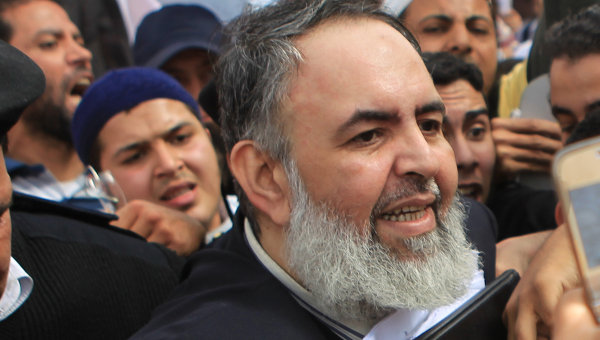The Egyptian Electricity Transmission Company (EETC) will tender Egypt-Saudi Arabia electricity interconnection project lines and cables on 26 June 2016.
International companies have a good chance at making technical and financial bids, and we will begin receiving offers by next month, said EETC chairperson Gamal Abdel Rahim.
He also told Daily News Egypt that when the ministry decided to postpone the tender, it was because the company received only two offers from Kalpataru Power Transmissions Ltd. (KPTL) and KIS Group, which weakens the chances of other companies to compete for the tender.
Technical and financial specifications were modified for the tender of antenna lines in coordination with TransGrid Solutions (TGS), the project’s consultant.
KPTL offered to establish the Gulf of Suez power cables, while KIS offered to establish interconnection power cables in Abu Qir, Kafr El-Zayat, and Passos.
Abdel Rahim further said that the Saudi Arabia side of the project will present a DC-AC tender in conjunction with the lines and cables tender.
He added that the project will provide interoperability capabilities of 3,000 megawatts. The trial operation of the project is expected to start in 2019.
The project consists of three packages. The first entails establishing two power stations with AC voltage of 500 kV in Badr City, in addition to a switch station for linking antenna lines with the marine cable in Nabq, Saudi Arabia.
The second package includes two generator power stations of 500 kV east of Medina and Tabouk, adding to it a switch station for the antenna lines and marine cable links to Saudi territory.
The third package consists of an antenna line with a length of 450km starting from Badr City power stations to Nabq City’s switch station, in addition to an antenna line with a length of 850km from the switch station east of Medina power station, passing through the Tabouk station.
The project costs about $1.6bn, with the Egyptian side amounting to $600m. The Arab Fund for Economic and Social Development, Islamic Development Bank, and the resources of EETC, will contribute to the project’s funding along with the Kuwait Fund for Arab Economic Development.




